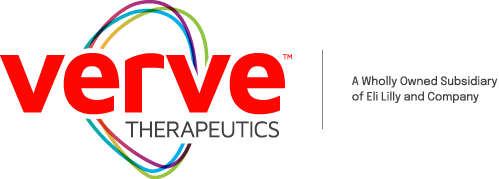ASCVD is a large subset of cardiovascular disease where cholesterol-driven blockages in arteries lead to complications such as heart attack, stroke or limb amputations. With ASCVD, high cholesterol drives the development of atherosclerotic plaque, a mixture of cholesterol, cells and cellular debris in the wall of a blood vessel that results in hardening of the arteries and can lead to heart attack or stroke.
Approximately 51 million people in the U.S. and European Union are affected by ASCVD. Within this group, approximately 21 million individuals are not at their medically recommended LDL-C goal, despite being treated with a statin – pointing to a need for new treatment options. LDL-C goal refers to the LDL-C level that people with cardiovascular disease should aim to meet, which is approximately 70 mg/dL.
Current treatment options for people with ASCVD vary based on the type of disease they are diagnosed with and their individual risk factors. The intention of these treatments is to lower LDL-C levels, bringing individuals toward goal level. In pursuit of our company mission, Verve intends to develop single-course gene editing medicines that address a variety of different forms of ASCVD.












